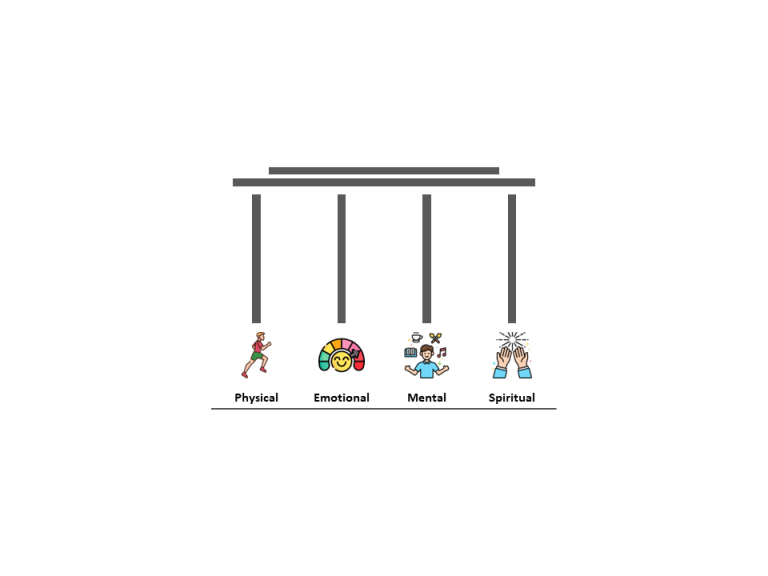Personal finance and its management is a crucial skill one should possess in these challenging times. Do you want to invest long term? Or do you want to be a trader? Or do you want to manage portfolios?
A professional trader will be essentially glued to a screen from 9 to 3:30 and track the markets as they move.
But long term investment works in a different way. Our methods of investing will vary significantly from a portfolio manager. He will value the stocks and research about the company’s management. He will further make his financial projections on this company.
What are the different instruments we can put our money on?
- Equity shares- Putting your money in companies. There are 3 types of shares – large cap, mid cap and small cap. Large cap companies have a huge market share and valuation. Similarly, mid cap companies have a smaller market share and small cap companies have the smallest type of valuation.
- Large cap companies are often less riskier than small cap companies as they may have more corporate governance, better reporting and higher bargaining power.
- Equity has 3 ways of investment- mutual funds, direct stocks and ETFs. Mutual funds houses collect money from multiple people and then invest in stocks with the help of portfolio managers. Exchange Traded Funds have lower administrative expenses compared to mutual funds and allow stocks to be invested in a bundle.
- Fixed income security are the investments that give you a standard, regular amount of interest. Provident Funds give you tax benefits. Term insurance has lesser premiums and better cover.
- Liquid funds will be unaffected by changes in market interest rates whereas long term funds block your money for a longer time and are likely to be affected more. Before investing in these funds, be careful to check if they are government or corporate because that defines their riskiness.
- Holding too much of cash doesn’t make sense as the economy faces inflation.
- Gold is a better investment if kept in a demat form as it reduces the storage costs. Treating jewellery as investments is not a good option.
- Talking about real estate, having your own house saves you a rental expense and can be considered an yield of a kind. Having your own home will also give you a sense of security.
- Hedge funds and private equity companies are for high net worth individuals. Hedge funds are for risky investments and private equity firms are ones where the common public cannot invest.
We must remember that it is important to diversify our portfolio – do not put all your eggs in one basket.
Thumb rules while making a portfolio:
- If my age is 29 years, 100-29= 71% of my money should be invested in equity and the remaining should go to fixed income. Plan your investment according to your expected expenses.
- Do SIPs and bulk payments in small and mid cap funds.
In conclusion, one should do his/her own research as their financial situation is at stake here. It is important to grasp the reality of these concepts and make your decision based on them.










